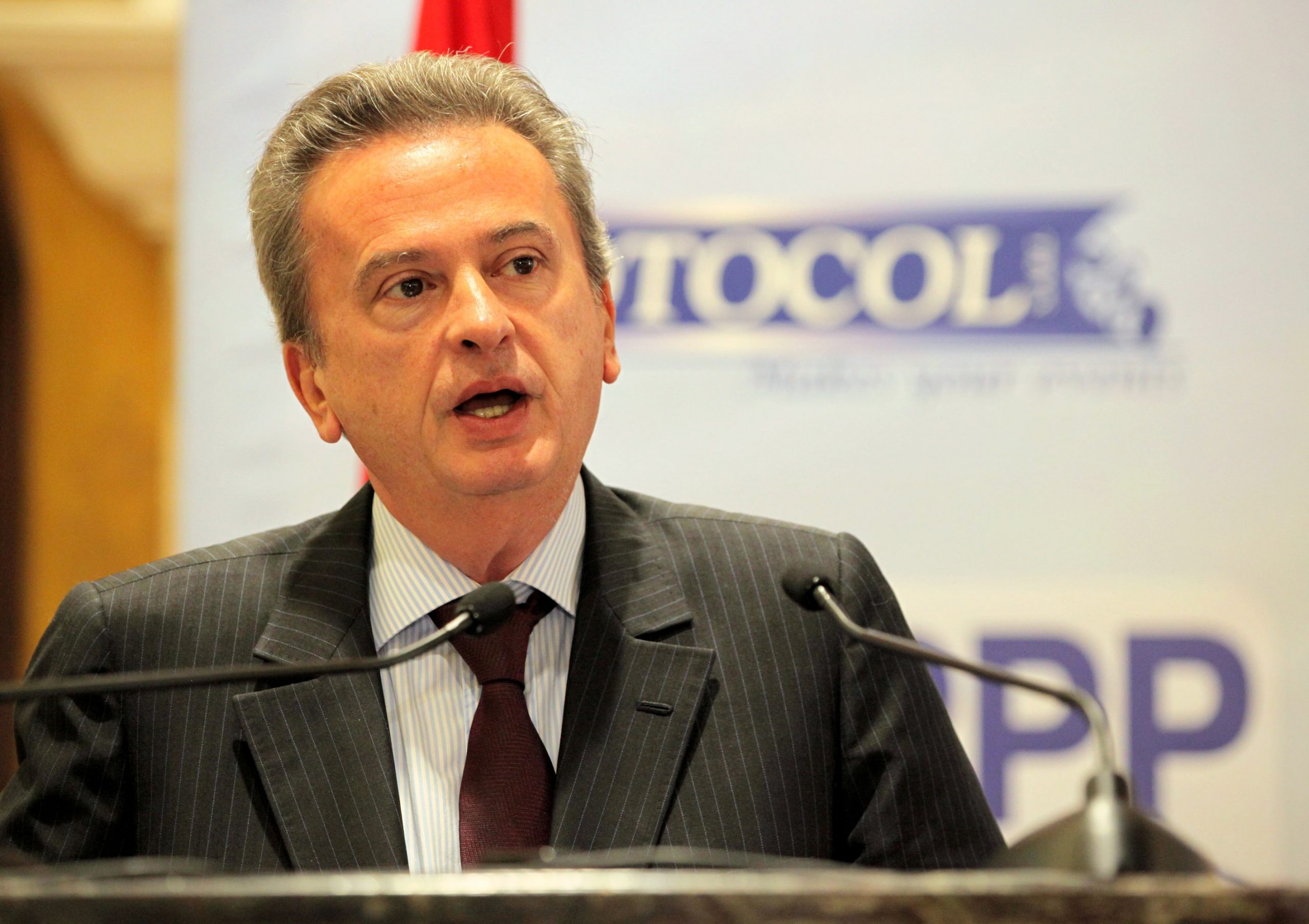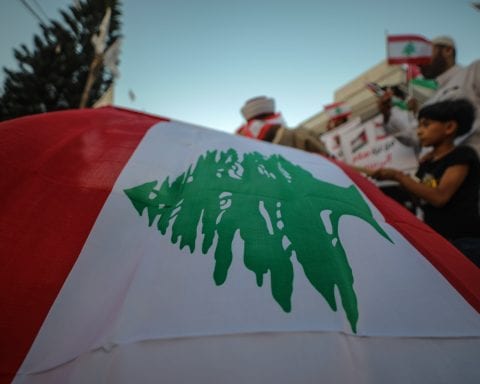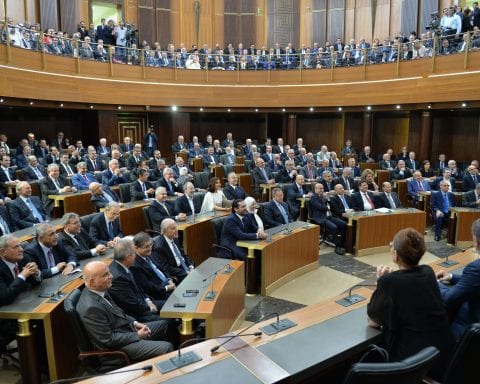The EU justice agency announced on Monday that France, Germany, and Luxembourg had seized and frozen assets worth $130 million in connection with money laundering in Lebanon.
The seizures are linked to a French investigation into the personal wealth of Lebanon’s central bank chief, Riad Salameh, which was launched last year.
An official with Eurojust confirmed that “five properties in Germany and France as well as several bank accounts” had been frozen.
The Hague-based Eurojust said Friday’s operation was aimed at five individuals suspected of embezzling more than $330 million and five million euros in public funds in Lebanon between 2002 and 2021.
The investigation into Salameh’s alleged ties to a criminal organization and money laundering is being conducted by prosecutors, according to judicial sources, after Switzerland took a similar step.
Salameh was charged with “illicit enrichment” and money laundering by a Lebanese judge last week after he missed his fifth court appearance.
Salameh was put on trial in April of last year after anti-corruption groups and a group of Lebanese citizens who had lost money because of the crisis that hit the country in 2019 lodged complaints.
Three German properties worth 28 million euros and other assets worth seven million euros were also seized on Friday.
Two Paris properties worth 16 million euros each, as well as 2.2 million euros in a bank account, were seized in France.
Money in another bank account was frozen in Luxembourg, according to Eurojust.
Only that “they are presumed innocent until proven guilty” was stated by the agency.
Former caretaker Prime Minister Hassan Diab’s administration has repeatedly accused Salameh, who has been in office since 1993 and was once hailed by political and business leaders, of being responsible for Lebanon’s currency collapse.
During the 2019 uprising, ordinary Lebanese could not send money overseas, and the public suspects him and other high officials of doing so.














